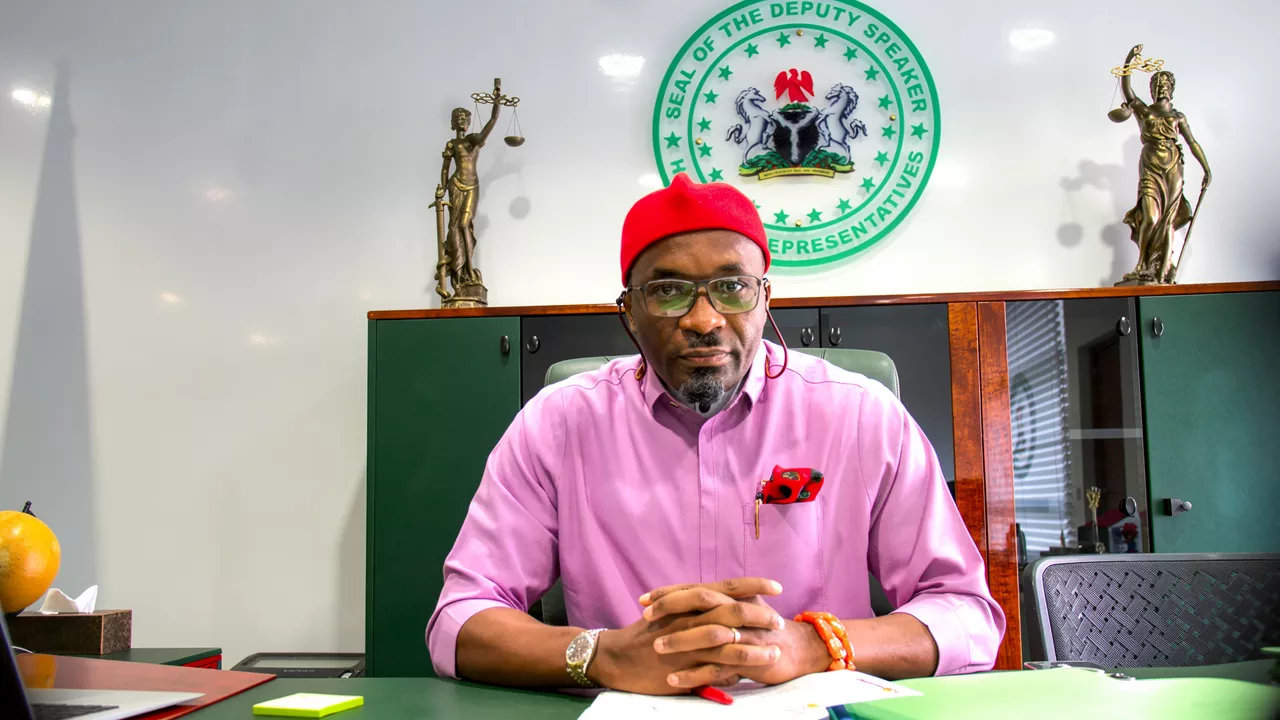
By virtue of his position, Mr. Kpotun, a public officer not a political appointee, is subject to the Federal Public Service Rules 2009. Rule 020810 (ii) expressly states that “the compulsory retirement age for all grades in the Service shall be 60 years or 35 years of pensionable service whichever is earlier” and “no officer shall be allowed to remain in service after attaining the retirement age of 60 years or 35 years of pensionable service whichever is earlier.” In other words, Mr. Kpotun reaches one milestone tomorrow, and passed the other 11 days ago. As per Police Service Commission guidelines, he ought to have proceeded on pre-retirement leave three months ago.
Since the 3rd of January, there have been calls for President Muhammadu Buhari not to renew the Kpotun’s term, and the President has been sued by an opposition party, Action People’s Party over purported moves to extend his tenure. The anxiety is understandable as this won’t be the first extension done by Buhari. Despite admitting that they’d performed poorly, Buhari approved the extension of the tenures of the military service chiefs on 18 December, 2018. The police are not subject to the Armed Forces Act anyway.
In his own reaction, Information Minister, Lai Mohammed, pointed out that both Presidents Obasanjo and Yar’Adua extended the tenures of Sunday Ehindero and Mike Okiro respectively. While Ehindero did serve until his 61st birthday in 2007, Okiro retired on 24 July, 2009, his 60th birthday. Why follow a bad example?
This Tom and Jerry game with the IG begs the question of why, the government appears determined to keep Kpotun, and the opposition appears frightened of having him remain in office.
In 1957, a 21-year-old who had just finished secondary school in Keffi, in today’s Nasarawa state, joined the police. This cadet was quickly marked out for great things and received the Cane of Honour as the best cadet in his class. He then proceeded to the UK for advanced training in 1965. Due to a shortage of manpower during Nigeria’s Civil War, he was recalled from England in 1968, and became a police commissioner at 32, the youngest till date. In 1981, President Shehu Shagari appointed him Police Inspector General to replace Adamu Suleiman who was retiring having attained the age of 60. His name was Sunday Adewusi.
Mr. Adewusi, who died in 2016, had his otherwise stellar career tainted by an event two years into his tenure. As the 1983 elections loomed, it became clear that the power cabal around President Shagari was determined that he get a second term despite his lacklustre performance.
One of the baits dangled by Shagari’s NPN was the prospect of a Southerner succeeding him in 1987. The most prominent Southern politicians of the time, Nnamdi Azikiwe and Obafemi Awolowo didn’t take the bait and ran under the platforms of NPP and UPN, while Northerners within Shagari’s own circles such as Maitama Sule and Ibrahim Tahir were unhappy at the prospect of their ambitions being shunted (or until 1995 at least). A certain Mamman Daura openly criticised Shagari.
Southerners in the NPN somehow came to the conclusion that the zone (East or West) which produced the most votes for the NPN would produce Shagari’s successor in 1987. Cue a race to massage figures, and Mr. Adewusi’s police played a part in that drama.
One of the more infamous incidents from the election was Shagari, observing a low voter turnout in Sokoto asking on camera, “Where are the voters?”, and that same evening a shot of Melford Okilo, Rivers governor, replying, “My voters are in the creeks.”
Yet Sokoto ending up having an improbably higher number of votes than Kano. All of that was ensured by the police, and since then, Inspectors-General have played a dubious role in Nigerian elections. Concerns over the possible extension of the current PIG’s tenure stem from this unfortunate tradition.
The conduct of security agencies has been flagged as a risk for the credibility of next month’s elections. The police have been identified as an unstable variable. If President Buhari extends Kpotun’s tenure, it is likely to be perceived as an indication that the ruling APC will use the police to secure illicit advantages in the polls. It will also be seized upon by political actors as a pretext for discrediting the elections, leading to more political uncertainty.
The real lesson from this drama, is the urgency of a certain aspect of the Police Reform Bill currently in front of the Senate, sponsored by Bala N’Allah (APC, Kebbi). This aspect seeks to remove the appointment of the PIG from the President, and make it the domain of the Senate. That clause, if passed, will go a long way to depoliticising the position.
[ad unit=2]






